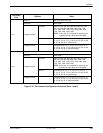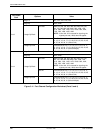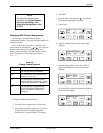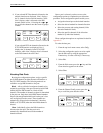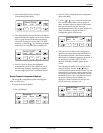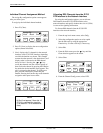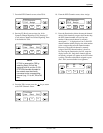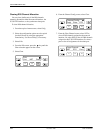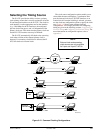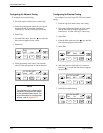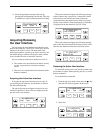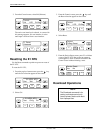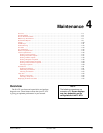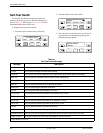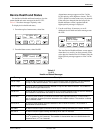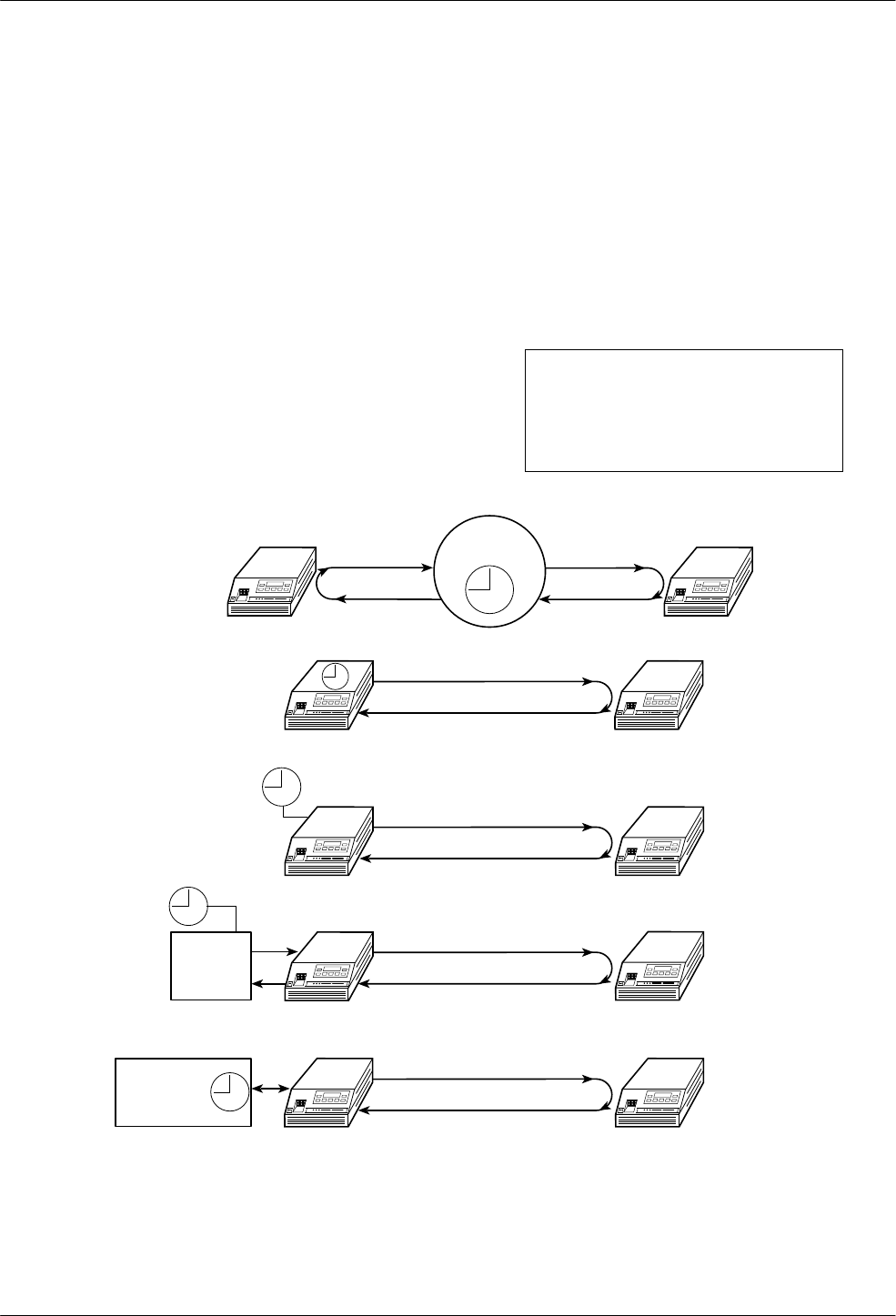
Operation
3-333360-A2-GB20-20 December 1996
Selecting the Timing Source
The E1 NTU provides the ability to select a primary
clock (timing) source that is used to synchronize all of the
E1 and data port interfaces on the E1 NTU. The clock for
each interface is at the appropriate rate for that interface
(e.g., 2.048 Mbps for the E1 interfaces, the configured
port rate for the data ports), and it is independent of the
primary clock rate. This means that the primary clock rate
and the E1 NTU interface rates may be different.
The E1 NTU automatically falls back to the secondary
clock when a failure of the selected primary clock is
detected. If a secondary clock failure is detected, the E1
NTU falls back to its internal clock.
The clock source configuration options enable you to
select either the network interface, a synchronous data
port, the internal clock, the G.703 DTE interface, or an
external clock. If external clocking is selected, you must
use the clock rate configuration option to specify the clock
rate. Figure 3-12 shows some common clocking
configurations. Two sample procedures for configuring
timing are given in the following sections, Configuring for
Network Timing and Configuring for External Timing. For
more information on configuration options, refer to
Appendix C.
NOTE
External clock and secondary
clock sources are only available
for 2-port and 4-port E1 NTUs.
496-14341-03
NETWORK
CLOCK: NETWORK CLOCK: NETWORK
CLOCK: NETWORKCLOCK: INTERNAL
CLOCK: EXTERNAL CLOCK: NETWORK
PBX
CLOCK: DTE (G.703) CONNECTOR
CLOCK: NETWORK
TERMINAL
EQUIPMENT
CLOCK: PORT 1, 2, 3, OR 4
CLOCK: NETWORK
Figure 3-12. Common Clocking Configurations



